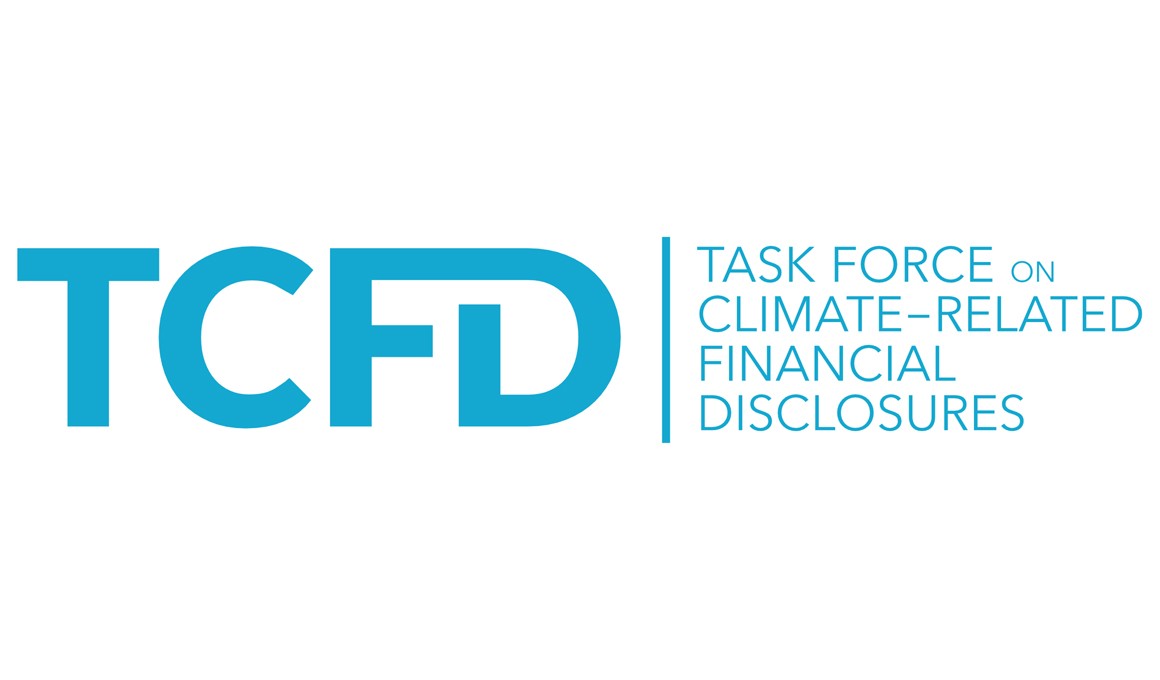Top tips for finance teams:
Getting started on implementation of the Taskforce on Nature-related Financial Disclosures
Finance teams have a vital role to play in helping organizations contribute to a nature positive economy. A key part of this will be using their skills and insights to ensure effective adoption of the recommendations of the Taskforce on Nature-related Financial Disclosures (TNFD), providing decision-useful information to investors and wider stakeholders. Improved nature-related information that links to financial performance will also drive the integration of nature into risk management, strategic planning and investment decisions.
Early adoption of TNFD will enable organizations to better understand their relationship with nature and so help to improve resilience, meet stakeholder expectations, enhance reputational capital and stay ahead of regulatory compliance.
Here are our top tips to get you started.
- Understand where you are now, by undertaking a disclosure gap analysis to establish how current practices under the four pillars – governance, strategy, risk management, and metrics and targets – compare with the TNFD recommendations. Your sustainability team is likely to be already collecting a significant amount of nature-related information.
- Learn from your work on the Task Force on Climate-related Financial Disclosures (TCFD) framework, which has a high degree of alignment with TNFD. You can leverage the processes and learnings from adopting TCFD and there will be some disclosures that meet the needs of both.
- Work collaboratively as part of a multiskilled/multifunctional group, including finance, sustainability, risk, investor relations teams, supply chain and IT, to share knowledge and co-drive engagement. Many finance teams are starting to lead these cross-functional approaches instead of, more traditionally, being asked to provide input on an ad hoc basis.
- Upskill your team on the language of nature, which can be a significant initial barrier to action. Build finance team competency so that you can speak knowledgeably about these issues when you engage with the board and executive management.
- Encourage executive ‘sponsorship’ by supplying key management and board members with the necessary information and knowledge to understand and assess the financial impact of your organization’s relationship with nature, drawing on in-house resources and external sources as necessary. Refer to the A4S Essential Guide to Engaging the Board and Executive Management for the experiences of our CFO Leadership Network.
- Start with a few key areas and look for quick wins to help focus the attention of senior leadership and to begin to demonstrate the business case for disclosure. Focus initially on one or two of the most material from TNFD’s suggested core metrics, or on biodiversity-sensitive and low-integrity areas. Identify quick wins using data you already have (eg from applying TCFD or the Global Reporting Initiative Standards), or operational or value chain data (eg water consumption or raw material input volumes).
- Consider climate and nature together, rather than as separate issues. Appreciating the interconnectedness between climate and nature will help you to identify common risks, opportunities and solutions, and provide more holistic meaningful disclosures.
- Get help, engage with other organizations who are also working on TNFD disclosures to pool expertise, knowledge and experience. Members of the CFO Leadership Network will be sharing their experiences as case studies over the coming months. Use existing tools and guides, including the sector, biome and transition plan guides published by TNFD. Bring in external expertise where required, which could include partnering with academic institutions.
This content is part of a series funded by ICAEW.



